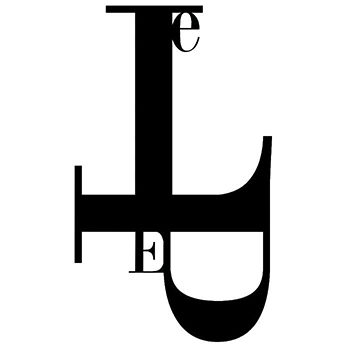Perhaps it is possible, in the field of asemic writing, to distinguish a few —completely hypothetical— categories. I insist that these are mere hypotheses, and that I am not interested in structuring a rigorous theory.
We have (1) concrete asemic writing when only the asemic glyphs and calligraphy, only the asemic letters and sentences are present on the page. No images, no colors.
We can also say asemicrete, a term coined by Michael Jacobson.
We can say we have (2) visual asemic writing when we see the asemic symbols are intertwined, superimposed or when they —in any other way— simply share the page with abstract or realistic images.
We have (3) glitchasemics when an asemic text is evidently disturbed by some kind of glitch: it may even be severely disturbed, but not so much as to make the asemic part completely disappear.
We can say we have (4) abstrasemics when an abstract drawing or image turns itself into something resembling an illegible text, an asemic piece. Or, on the contrary, when a fragment of asemic writing gradually loses any vaguely linguistic aspect and is transformed into an abstract image.
Post scriptum.
At the same time, there are examples of works that marginalize —or do not include at all— an asemic aspect, and I would refer to them as: abstract or realistic paintings (pictorial works, photographs etc.) weirdly called “asemic writing” by their authors; legible alphabets and texts weirdly called “asemic writing” by their authors; monotonous decorations that would hardly be taken for words or sentences.
